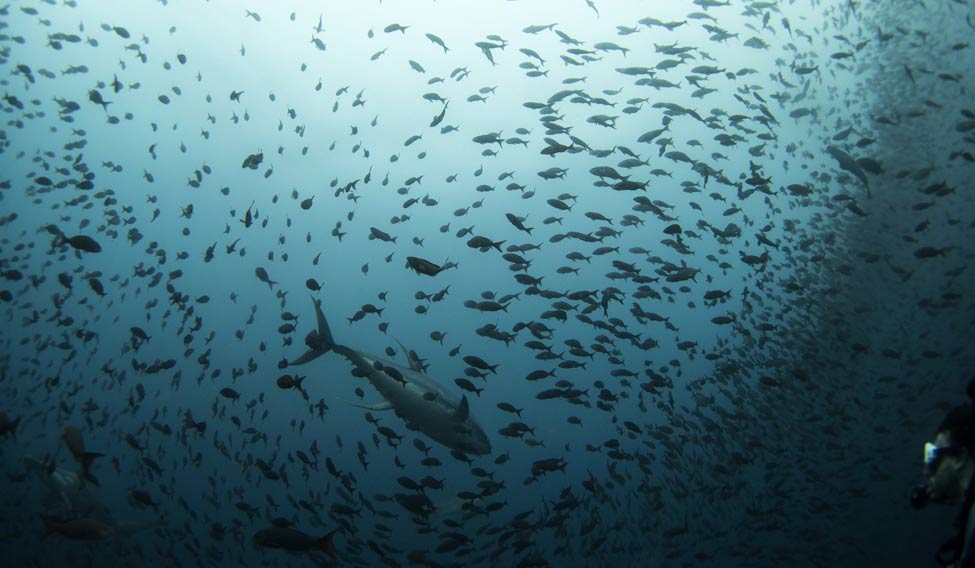The Central Marine Fisheries Research Institute (CMFRI), based in Kochi, one of the largest research organisation for fisheries in the world, is all set to participate in a major global research project to address the vulnerability, impacts and adaptation strategies of climate change on marine fisheries in India.
As part of the study, CMFRI will identify the fish species that are vulnerable to climate change by observing various biological characteristics of these species. “Adequate adaptation strategies will also be formulated during the project,” said A. Gopalakrishnan, director at CMFRI. “This study is part of the Third National Communication to the United Nations Framework Convention on Climate Change (UNFCCC). Ministry of Environment, Forest and Climate Change, Ministry of Agriculture of which the ICAR (Indian Centre for Agricultural Research) is a part of and the Government of India are our partners in this project.”
Chlorophyll-based Remote Sensing Assisted Indian Fisheries Forecasting System (ChloRIFFS), developed by CMFRI, will be utilised for the research programme.
CMFRI have also readied a revolutionary research programme on developing the breeding, seed-production and farming technology of tuna, a major transboundary resource that is being cultured in far eastern countries.
“CMFRI plans to conduct the study to exploit the growing international tuna market,” Gopalakrishnan said. He added the institute will be submitting a mariculture policy guidelines to the Centre in the next few months.
India is a major marine export hub, but is yet to have a maritime fisheries policy in place. “With this police we hope to tap the tremendous potential of fisheries as a sector in India. The thrust is to utilise the coastal water bodies for mariculture-related activities for enhancing production,” he said.
“Lack of proper mariculture policy is a hindrance to the expansion of mariculture activities in the country. The policy will help bring a major impact in the country’s fish food security,” said Gopalakrishnan.





